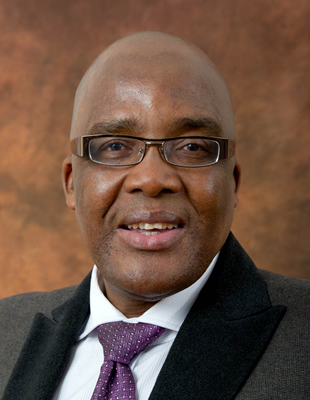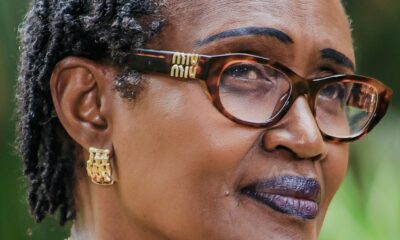News
R64 Billion, 1 200 Doctors, and a New HIV Wonder Drug: What South Africa’s Health Budget Means for You

South Africa’s healthcare system is about to get a major financial injection — and not just the medical kind. In his 2025/26 budget speech to Parliament, Health Minister Aaron Motsoaledi laid out an ambitious plan to revive public hospitals, staff up the system, and tackle HIV/AIDS head-on with global backing.
Here’s what you need to know about the country’s R64 billion health budget and what it could mean for your next clinic visit.
Putting People First: 1 200 New Doctors, 450 Nurses
The clearest sign that the government is serious about laying the groundwork for National Health Insurance (NHI) is the R1.7 billion earmarked for hiring 1 200 doctors, 450 nurses and support staff. For a public sector often crippled by long queues and burnt-out professionals, this could be a long-overdue shot in the arm.
An additional R1.4 billion will go towards permanently absorbing 27 000 community health workers, many of whom had been previously hired by NGOs without long-term job security. It’s a move Motsoaledi called essential to strengthening the backbone of the NHI.
Basic, But Not Boring: R1.3 Billion for Hospital Essentials
Beds, towels, and functioning basins may not sound exciting, but they matter. A chunk of the budget — R1.3 billion — will go toward making hospitals “hospitable” again. That means better patient comfort, cleaner environments, and hopefully, fewer horror stories about linen shortages or broken equipment.
Infrastructure: Smart Tools for Smarter Clinics
Over the past year, the Department of Health managed to refurbish 47 clinics and 45 hospitals, upgrade more than 400 facilities, and complete five brand-new ones. But they’re not building blindly.
Using a digital tool called the Health Infrastructure Portfolio System, the department is mapping needs with geographic and district data. This approach, Motsoaledi said, ensures that hospitals and clinics are built where they’re needed most — not where politicians think they look good.
Six new facilities are under construction, with 17 more in the design pipeline. R3.75 billion will also go toward paying off past medical equipment and pharmaceutical expenses.
HIV/AIDS: Global Funding Steps In As Pepfar Pulls Back
With the US government pulling back some of its funding via the Pepfar programme, there were fears that South Africa’s renowned HIV/AIDS response would lose steam. Motsoaledi sought to put those fears to rest.
The Treasury has allocated R753 million to support HIV-related programmes, and this will be topped up by a R200 million international research grant — R100 million each from the Bill & Melinda Gates Foundation and the UK’s Wellcome Trust.
The catch? The grant requires local commitment: Treasury must double that figure to unlock the funding, adding R400 million over three years for treatment and support.
Enter Lenacapavir: The New Game-Changer in HIV Prevention
Perhaps the most exciting medical development mentioned in the budget is the pilot rollout of Lenacapavir, a new injectable drug for HIV prevention. Administered only twice a year, it has shown a 100% success rate in preventing HIV in women during trials.
If successful, the drug could be a game-changer in a country where young women remain disproportionately affected by HIV.
Social media reaction to the announcement was cautiously optimistic. “Finally, we’re putting money where it matters most,” wrote one user on X (formerly Twitter). Others praised the move to bring in Lenacapavir, calling it “the future of HIV prevention in Africa.”
Private Healthcare in the Crosshairs
Motsoaledi also hinted at “serious reforms” in the private healthcare sector, though details remain under wraps. “Please ignore those who want us to believe that there is nothing to fix in that sector,” he said.
It’s unclear whether this will mean pricing regulation, broader NHI integration, or something else entirely — but the message was clear: the private sector isn’t off the hook.
The Bigger Picture: Dreaming of a Disease-Free Future
Beyond infrastructure and staffing, Motsoaledi urged South Africans to start “dreaming about a future with a certain disease gone from our country.” He wasn’t just talking about HIV/AIDS, but also tuberculosis, malaria and certain cancers.
It’s a bold vision — and one that will require more than just good intentions. But with billions committed, international support returning, and digital systems guiding development, the country might just be on the right track.
For everyday South Africans, the hope is simple: better care, shorter queues, and a health system that works — no matter your income bracket.
Source: The Citizen
Follow Joburg ETC on Facebook, Twitter , TikTok and Instagram
For more News in Johannesburg, visit joburgetc.com



























